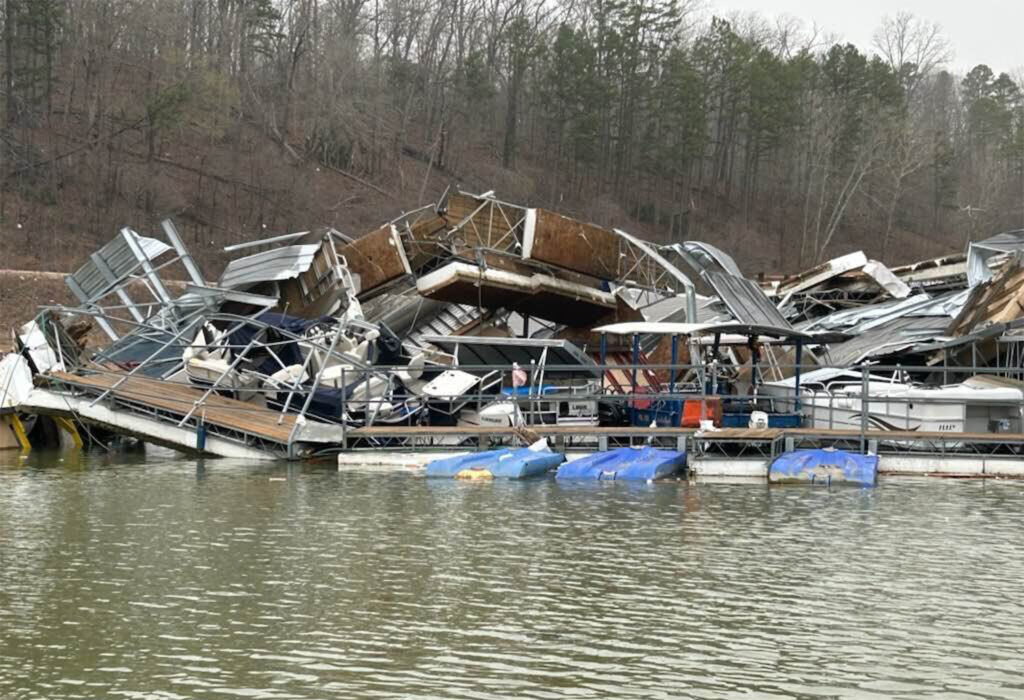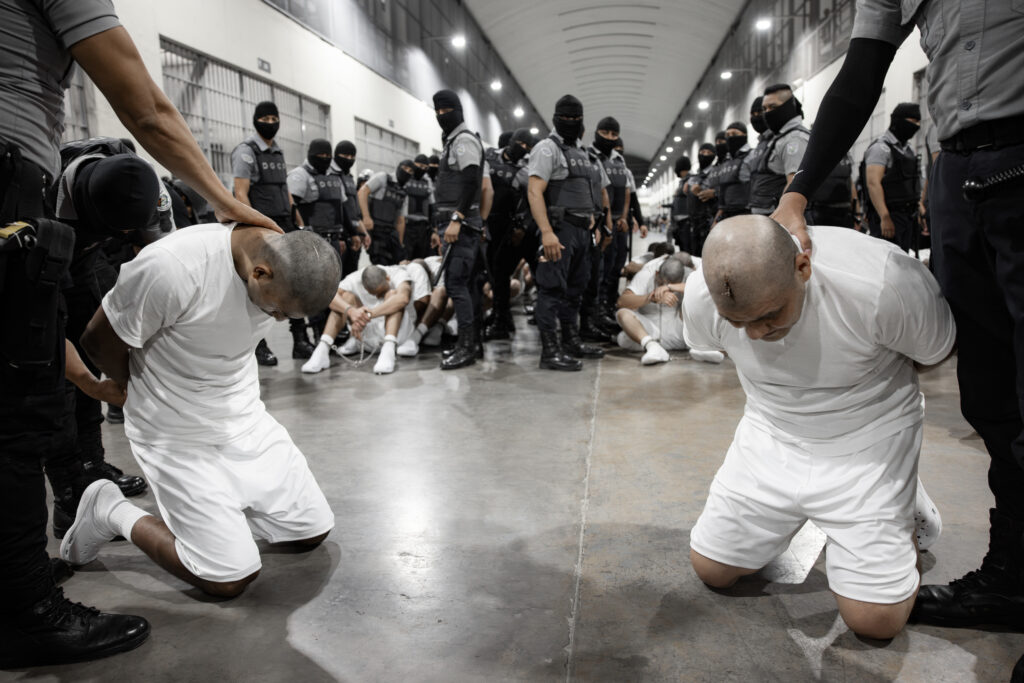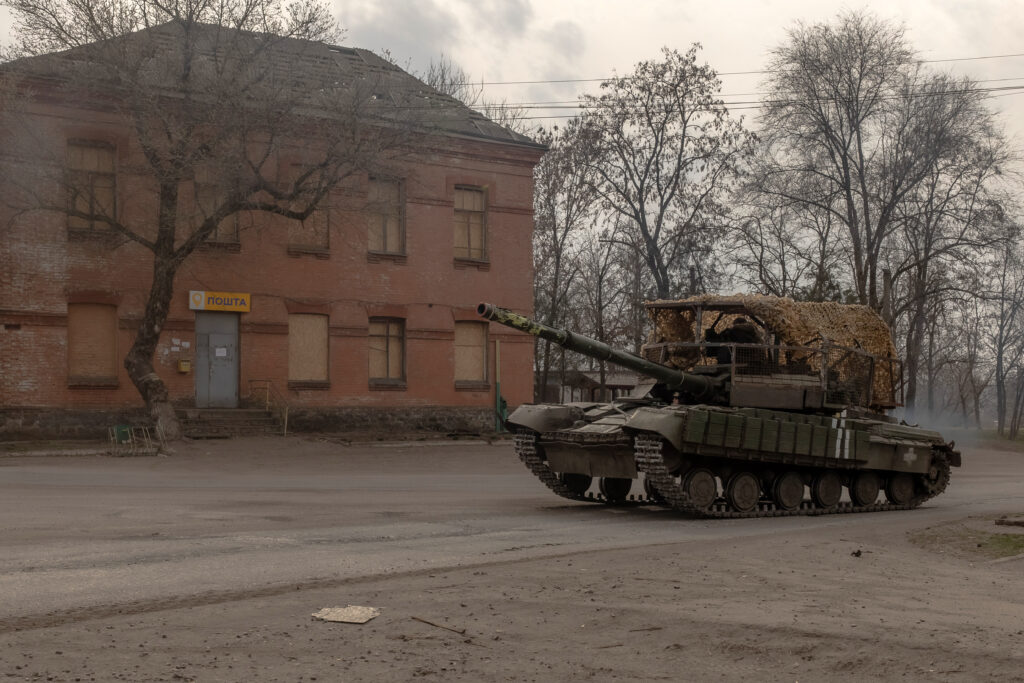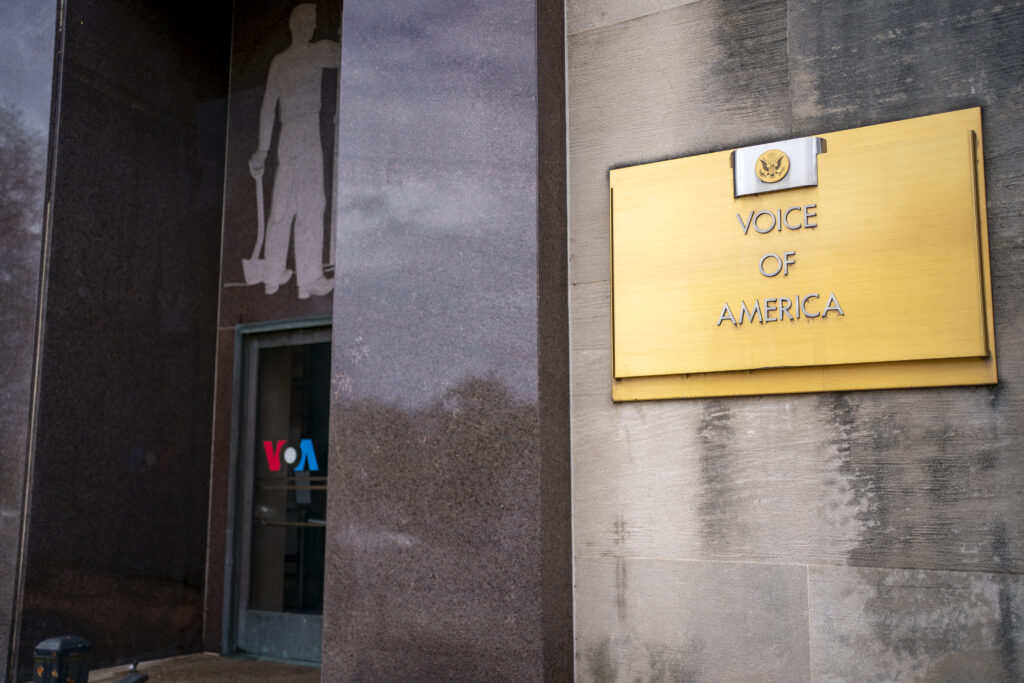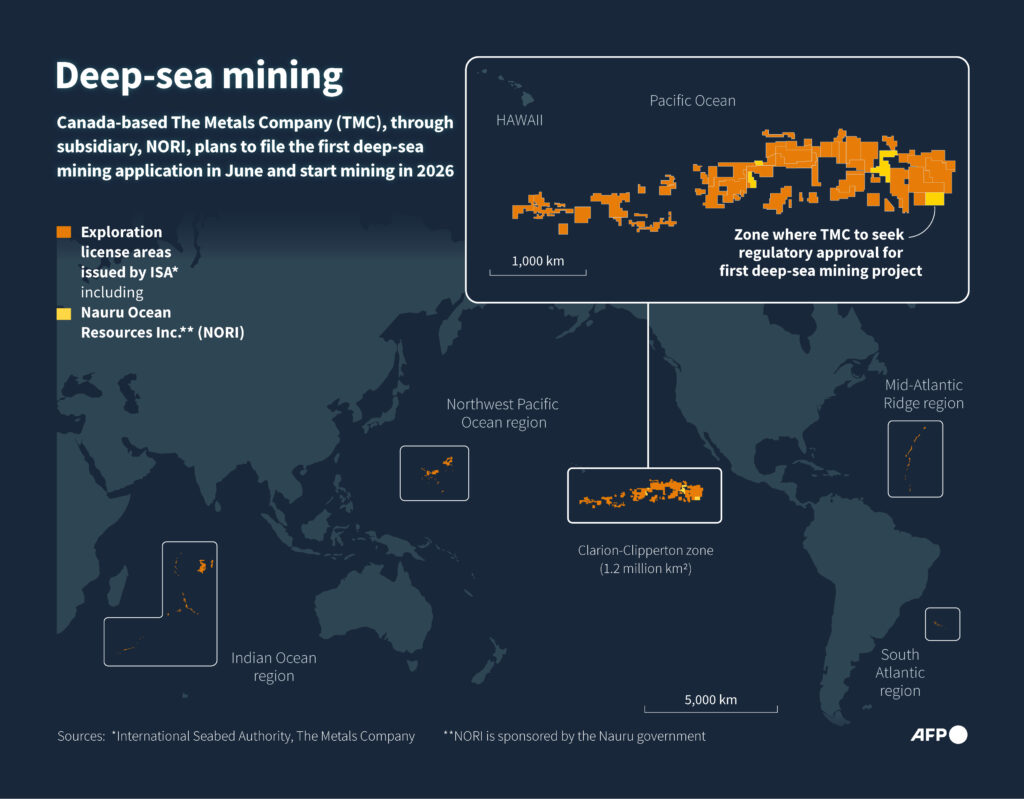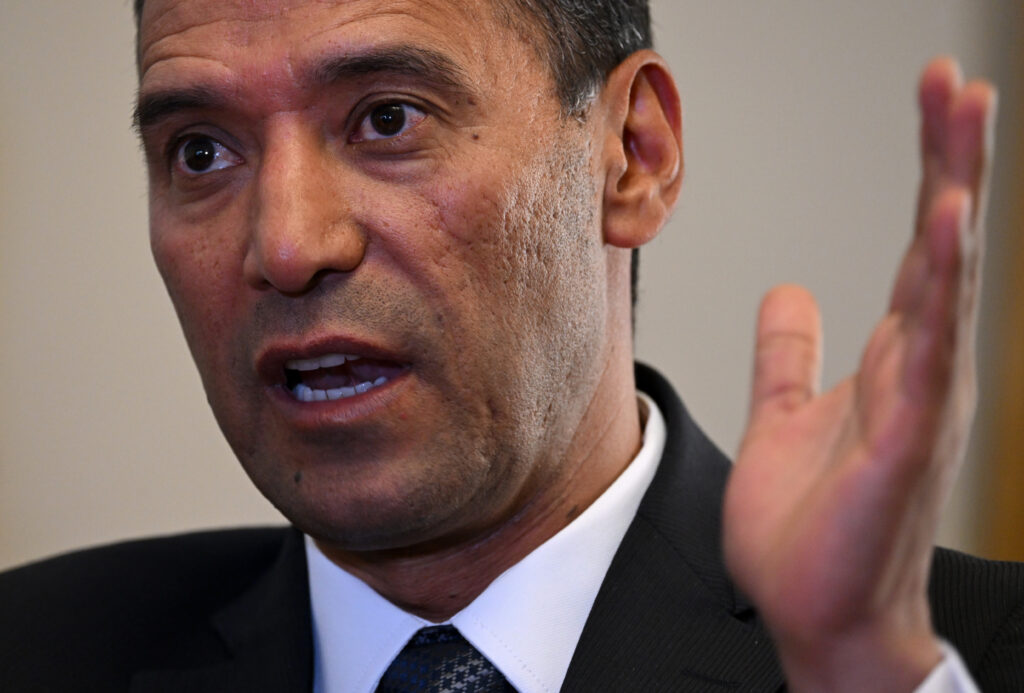Yemen’s Huthis claim US aircraft carrier attacks
Yemen’s Iran-backed Huthi rebels said they attacked an American aircraft carrier group twice within 24 hours as they prepared for huge rallies on Monday after US strikes left dozens dead.The response from the Huthis follows attacks on Saturday ordered by President Donald Trump that hammered the rebel-held capital, Sanaa, and several other areas, killing 53 people, according to the rebels.The United States struck the Huthis over their repeated attacks on Red Sea shipping sparked by the Gaza war, which have put a major strain on the vital trade route.The rebels said they had hit back by firing 18 missiles and a drone at the USS Harry S. Truman aircraft carrier group on Sunday, before launching a second strike hours later.There was no immediate comment from the United States about the Huthis’ claimed attacks.In a statement posted to Telegram, a Huthi spokesperson said the attacks were “in retaliation to the continued American aggression against our country”.Washington has vowed to keep striking Yemen until the rebels stop attacking Red Sea shipping, with Trump warning he would use “overwhelming lethal force”.Huthi leader Abdulmalik al-Huthi called for large-scale rallies on Monday, the anniversary of the Battle of Badr — an against-the-odds, seventh-century military victory by the Prophet Mohammed.”I call on our dear people to go out tomorrow on the anniversary of the Battle of Badr in a million-strong march in Sanaa and the rest of the governorates,” he said in a televised address late on Sunday.- Heavy strikes -Sanaa’s Al Sabeen Square, the scene of regular major protests during the Israel-Hamas war, looked set to be packed once again for Monday’s rally.Late on Saturday, the Huthi-controlled capital was hit by heavy strikes, including in northern districts frequented by the rebels’ leadership.The Huthi health ministry said women and children were among the 53 people killed and 98 wounded.”The house shook, the windows shattered, and my family and I were terrified,” father of two Ahmed, who declined to give his full name, told AFP.The strikes were the first since Trump came to office in January, and came despite a pause in the Huthis’ attacks during a ceasefire in the Gaza war.On Sunday, US officials vowed further strikes until the rebels ended their campaign against Red Sea shipping, also threatening action against Iran.Huthi media reported more explosions late on Sunday night, accusing the Americans of targeting a cotton facility in the Hodeida region and the Galaxy Leader, a cargo ship hijacked in November 2023.In response to the latest escalation along the maritime trade route, the United Nations urged both sides to “cease all military activity”, while China reiterated calls for diplomacy.”The reasons behind the situation in the Red Sea and the Yemen issue are complex and should be properly resolved through dialogue and negotiation,” said foreign ministry spokeswoman Mao Ning.- ‘Hell will rain down’ -The Iran-backed Huthis, who control much of the Arabian Peninsula’s poorest country, have attacked Israel and shipping vessels throughout the Gaza war, saying they are acting in solidarity with Palestinians.Before this weekend’s targeting of the US carrier group, the Huthis had not claimed attacks in the Red Sea and Gulf of Aden since January 19, when the ceasefire in Gaza began.However, the group had recently threatened to resume its attacks over Israel’s blocking of humanitarian aid to the Palestinian territory. It said it would “move to additional escalatory options” if the “American aggression” continued.US National Security Advisor Michael Waltz told ABC News that Saturday’s strikes “targeted multiple Huthi leaders and took them out”. The Huthis have not responded to Waltz’s claim.Trump, meanwhile, has warned the Yemeni group that “hell will rain down upon you” if it did not stop its attacks. In a social media post he also addressed Iran, demanding it stop supporting “Huthi terrorists”.Iran’s Foreign Minister Abbas Araghchi condemned the US strikes and said Washington had “no authority” to dictate Tehran’s foreign policy.A database set up by ACLED, a non-profit monitor, shows 136 Huthi attacks against warships, commercial vessels, and Israeli and other targets since October 19, 2023.While the Red Sea trade route normally carries about 12 percent of world shipping traffic, Huthi attacks have forced many companies into costly detours around southern Africa.The United States had already launched several rounds of strikes on Huthi targets under former president Joe Biden.Israel has also struck Yemen, most recently in December, after Huthi missile fire towards Israeli territory.In addition to their actions in the Red Sea, the rebels have been at war for nearly a decade with a Saudi-led coalition supporting Yemen’s internationally recognised government, from which the Huthis have seized large swathes of territory.Fighting in that conflict has largely been on hold since a 2022 ceasefire, but the promised peace process has stalled in the face of the Huthi attacks on shipping.burs/th/smw

